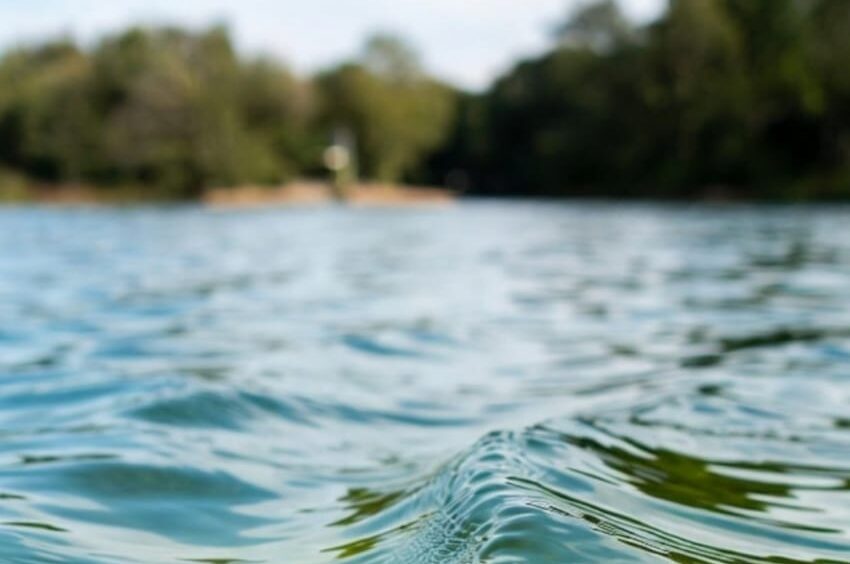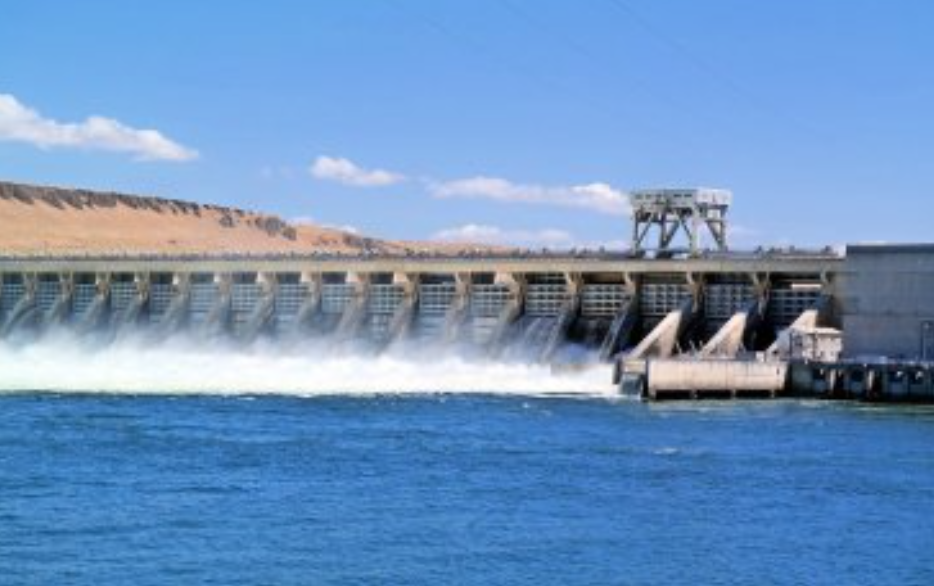Ocean Health Key To Climate Fight, Says COP30 Envoy

COP30 Special Envoy for the Oceans Marinez Scherer says a healthy ocean underpins climate regulation, urging stronger marine conservation, spatial planning and global governance as Brazil positions its Blue Amazon and coastal programmes at the heart of climate action
“Without a healthy ocean, we lose climate regulation. It is what helps keep Earth habitable,” says marine biologist and researcher Marinez Scherer, a professor at the Federal University of Santa Catarina (UFSC) and a leading national authority on coastal and ocean governance. She is the COP30 Special Envoy for the Oceans agenda, which, for the first time, will take center stage at a United Nations climate conference, on 17 and 18 November in Belém (PA).
Responsible for absorbing 90 per cent of global heat and capturing one-quarter of the world’s carbon dioxide emissions, the ocean is “the planet’s most important climate regulator,” Scherer explains. But this role depends on marine vitality. “We need conservation, protection, and— in some cases — restoration,” she warns.
Marinez notes that marine biodiversity, from mangroves to phytoplankton, functions as an essential mechanism. “Even microscopic organisms play a key role in absorbing heat and enabling gas exchange. All of this is what keeps the planet livable,” she emphasizes.
Managing Expanding Sea Uses
The scientist explains that the ocean is a rapidly expanding frontier of human activity. “We look at the sea and think nothing is happening, but there is a huge range of human activities taking place,” she says, citing navigation, fishing, tourism, biotechnology, and offshore wind power.
“If we do not have marine spatial planning, we risk losing this crucial ally in the fight against climate change,” she cautions, also noting that Brazil has taken an important step by establishing a national Marine Spatial Planning policy aligned with international models.
Marinez underscores that the country has led exemplary initiatives in the field by including programs such as ProManguezais and ProCoral in its Nationally Determined Contribution (NDC), as well as incorporating Brazil’s maritime zone—the “Blue Amazon”—into the Brazilian Institute of Geography and Statistics (IBGE) School Geographic Atlas, helping raise awareness of the sea’s strategic importance and its resources.
Treaties And Global Governance
“The ocean knows no borders,” the researcher reminds, advocating for global governance to tackle pollution, uncontrolled waste disposal, and oil spills.
She highlights the significance of implementing the Biodiversity Beyond National Jurisdiction (BBNJ) Treaty, signed by Brazil and set to enter into force in 2026. The treaty provides for the creation of marine protected areas, mandatory environmental impact assessments for large-scale projects, and benefit-sharing of marine genetic resources. “It is an international pact that compels the world to look at the ocean as a whole,” she explains.
According to Scherer, Brazil has the potential to become a global leader in the sustainable blue economy. “We have a great forest and a great ocean. Together, they can position us at the forefront of the fight against the climate crisis,” she says.
The Special Envoy adds that the ocean is the clearest reminder of the importance of multilateralism. “The oceans are physically and biologically interconnected. That is why awareness among all countries is essential. We are all in the same boat.”
Adaptation And Coastal Protection
Scherer notes that the impacts of climate change on the oceans are already visible from rising sea levels to an increase in extreme events such as cyclones, droughts, and torrential rainfall.
According to her, adapting to this new reality is an unavoidable challenge. “Mangroves, coral reefs, dunes, and salt marshes are champions of adaptation. These ecosystems provide protection for free. All we need to do is not destroy them.”
Marinez reiterates that the cost of preservation is far lower than that of reconstruction. “If we think conservation is expensive, the price of inaction will be much higher paid in human lives, destroyed infrastructure, and reduced overall well-being. The ocean is a common good for all humanity, and caring for it is everyone’s responsibility,” she concludes.

































































































































































































































































































































































































































































































































































































































































































































































































































































































































































































































































































